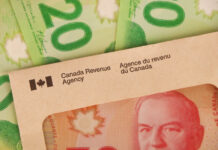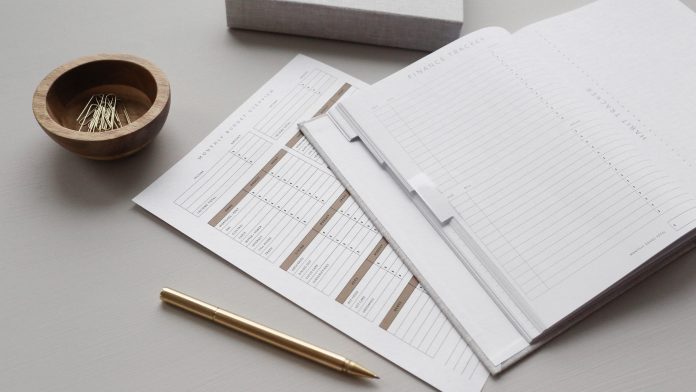Whether your small business is just starting out or you’ve been around for a while, you’re going to be filing your 2018 taxes soon. For many, preparing and filing taxes are the most complex and confusing aspects of running a business. However, with a little effort and some assistance from your tax accountant, you can get up to speed on the important features you need to know and gear up for tax season.
Here are 5 things that small business owners need to know before filing their 2018 taxes:
1. Hold a Pre-meeting with Your Tax Accountant
The most important thing you can do to prepare to file your small business taxes is to schedule a pre-meeting with your tax accountant. This would take place several weeks or even months before it’s time to submit your tax documents for filing. Showing up to a final appointment unprepared is a waste of your time and may require several subsequent meetings as you scramble to find what you need.
When you meet with your tax accountant well before it’s time to file, you’ll receive solid information on what you need to do and what information and documents you must provide. You can reduce a lot of your tax-related stress when you take the time to schedule a pre-tax filing meeting because when the time comes to file, you’ll be fully prepared.
2. Double-check Your Books
As you prepare for your taxes, it’s important to make sure all your accounts are up to date. It’s easy to procrastinate on bookkeeping tasks, and many small business owners are so busy that they put off these tasks. If enough time passes, it can be hard to reconcile the books, receipts can get lost and it takes more time to deal with problems that could have been eliminated with regular attention.
Remember that inaccurate or outdated financial information could have a big impact on your final numbers and increase your tax burden. For example, make sure any personal expenses paid for by business accounts are properly recorded. Another example is to ensure your balance sheet includes any last-minute asset purchases. Knowing your books are current will certainly make things easier for preparing your taxes.
3. Gather Proper Documents
It’s never too early to start pulling together all your accounting reports, whether you are delivering them to a tax accountant or you are doing the taxes yourself. Being organized throughout the year makes it much easier to prepare taxes.
Top documents to get include your balance sheet, profit, and loss statements, all expenses, lease information, interest from bank accounts, sales records and inventory records. If you have a pre-meeting with your tax preparer, they can give you a list of needed documents that are specific to your unique business needs.
4. Organize Expense Documents
Don’t wait until the last minute to collect and organize all your important business documents related to expenses. Small businesses are required to have documentary evidence that supports any credits or deductions shown on a tax return. This documentation could include invoices, bank statements, receipts, bills and more.
Don’t forget some of the lesser known expenses that may be deducted (depending on your business structure), including home office costs, business insurance, any legal fees, and even business meals. The IRS recommends keeping these records for anywhere from three to seven years.
5. File an Extension If Needed
Many small business owners don’t realize they can file for an extension to file their tax returns if they are not ready with the proper documentation that will give them all the deductions they are entitled to. Each business type requires a different form to extend the filing deadline for six months, so you should check with the IRS or your tax accountant.
For example, if you have prepared your small business taxes yourself, but at the last minute you decide it’s better to work with a tax accountant, you can file for an extension to give you extra time to figure it all out and possibly reduce your tax bill and maximize your tax return.
Find a Home-Based Business to Start-Up >>> Hundreds of Business Listings.
















































